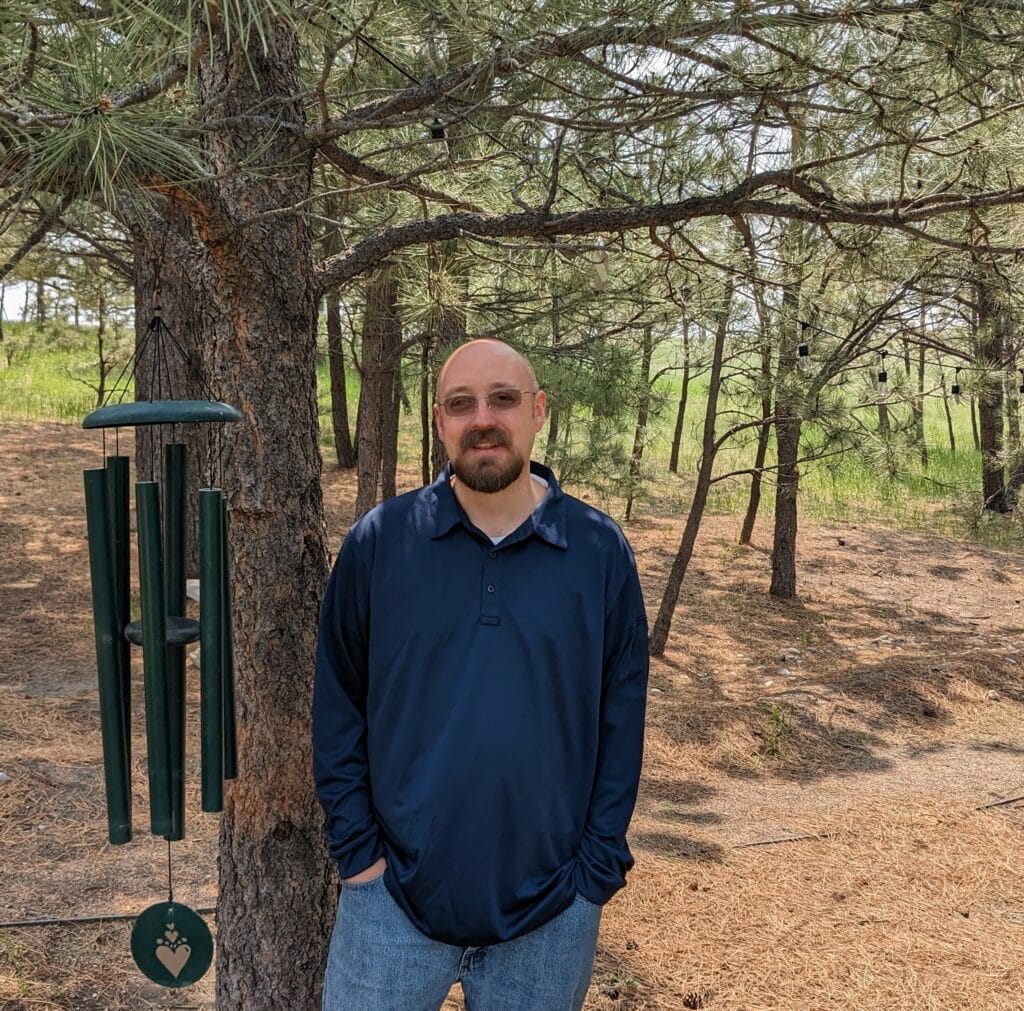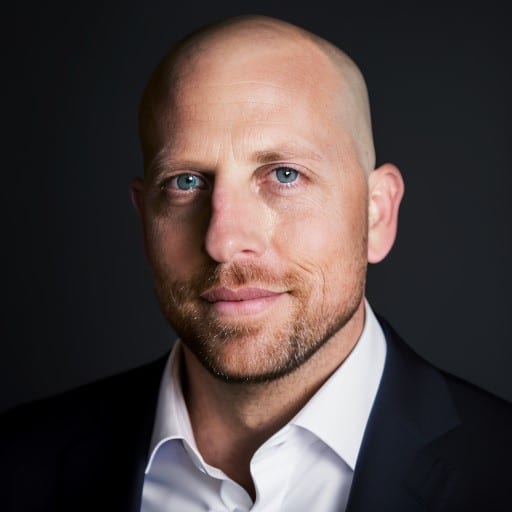OCD Treatment For Men in Colorado
What’s more, men in treatment may run into relatively unique challenges on their path to improved wellness. To conquer these challenges and keep your recovery on course, you may need treatment resources designed specifically for men. And if you’re severely affected by OCD, you may need those resources in an inpatient setting.
Do you or someone you know require inpatient OCD treatment for men in Colorado? Healing Pines Recovery is your source for gender-focused care designed with men in mind. We feature advanced, inpatient treatment for men affected by OCD and simultaneous substance problems. Our customized resources can help you recover from life-disrupting obsessions and compulsions. They can also help you regain control over your substance use and achieve stable abstinence.
Contact Healing Pines Recovery today to learn more about the top residential treatment center in Colorado.
Request a Confidential Callback
Obsessive-Compulsive Disorder in Men
All men and women affected by OCD typically experience similar symptoms. Some of these symptoms appear as obsessions. In other words, they’re disruptive, uncontrollable:
- Thoughts
- Urges
- Images
- Ideas
In turn, recurring obsessions can trigger compulsions that manifest as outer behaviors or internal responses.
The basic similarities between affected men and women contrast with some significant differences. First, men may experience the first symptoms of OCD at a younger average age than women. In addition, certain obsessions are more common in each of the two genders. For example, men have a greater tendency to experience obsessive, blasphemous thoughts. Women, on the other hand, tend to have obsessions that revolve around aggression and fear of contamination.
Men affected by the disorder are less likely than women to have a live-in relationship or get married. Still, generally speaking, OCD in men is not more or less severe than OCD in women. In addition, when they receive appropriate care, men have equal chances of improving their well-being.
Overlapping Problems With Drugs or Alcohol
Statistics show that men outpace women when it comes to most forms of substance use. Significant percentages of men also have diagnosable drug or alcohol problems. This is notable in any discussion about men and OCD. That’s true because the disorder sometimes occurs along with addiction or serious substance abuse. Recovery from any mental illness that overlaps with a substance problem is difficult, but possible with the right kinds of support.
Want to know more about the ways that OCD and substance problems affect men? Get the information you need today at Healing Pines Recovery.
Don't Let Anything Stop You From Getting Help.
We work with most major commercial insurance plans which can help cover up to 100% of the costs associated with treatment.
Healing Pines’ Inpatient OCD Treatment for Men in Colorado
Healing Pines Recovery features gender-specific, inpatient treatment for men with substance and mental health problems. That includes men who need Colorado OCD treatment. Not everyone diagnosed with the disorder needs inpatient care. However, you should probably consider this option if:
- Your obsessions and compulsions have a severe impact on you
- You didn’t see enough progress toward wellness in an outpatient program
- OCD affects you at the same time as a drug or alcohol disorder
- You lack adequate support or stability outside of the treatment environment
In these circumstances, our men’s Colorado drug rehab approach can help you in more ways than one. Importantly, it provides you with round-the-clock recovery support. It also ensures that you have a stable environment at all times. What’s more, we feature a range of luxurious touches that help you feel comfortable and well-cared for.
Have more questions about our approach to OCD treatment for men? Consult us today for additional details.
The leadership and staff were committed to my success.
Paul is a man of integrity which flows through his team. I have been to other recovery programs and HPR stands far above them all. The small group structure offers a more intimate and personalized experience. This was so much more beneficial to my recovery than facilities preaching a "one-size-fits-all" solution to larger and fragmented groups. It was like having personal and knowledgeable therapists dedicated to me for a full month! They went out of their way to understand the root of my challenges and construct a path for improvement that is unique and relatable to me. This was a huge benefit!
Jay C
It saved my life, in every sense.
I spent a month at Healing Pines Recovery. The actual location itself is unreal. A beautiful cabin lodge, with gorgeous scenery. The rooms are large, queen beds, very comfortable! Great bathrooms with great showers! There is a pool table, slam jam, (Christine! 😉 frisbee golf, and daily access to a nearby gym. The property also has a pickle ball court that was used daily, Zoey the counselor beat us men constantly!
Clay M
My experience with Healing Pines Recovery has been wonderful.
My husband was their client, and they helped him be able to help himself. He is doing amazing! I think the combination of counseling, physical labor, meditation, AA, and just the beauty of the place itself all had a very positive impact on him. They really cared about him, and that did not stop just because he came home. Also they have counseling for the families and it has really helped me a lot. Heather is awesome! I thank God that we had them in our lives when we were most vulnerable.
Susan M
We wanted to share our gratitude to the staff.
Our son was under the care of Healing Pines recently and we wanted to share our gratitude to the staff. There were many challenges in his pursuing treatment, and thankfully Paul and Heather C helped us navigate all of them skillfully with patience and compassion.
Jim E
You'll get your life back!
Healing Pines Recovery is/was instrumental in setting me up for long term success in my recovery journey. I've been to treatment centers in the past and HPR is nothing like anything I've attended before. They're very small, intimate, and hands-on approach to recovery was exactly what I was looking for when seeking treatment. I knew that a large, one size fits all program like those offered by many other treatment centers in Colorado wouldn't provide me with the help I desperately needed. Paul and his Team are incredible and I would highly recommend HPR to anyone who needs help starting their recovery journey. Big shout out to James for all of his guidance during my time at HPR. His grace, knowledge, understanding, and direction were/are key to my continued success in recovery. One HUGE piece of the puzzle I love is the after care I've received from HPR... I am in constant contact with Paul, James, and many other staff members through the their alumni programs and it has helped me so much with life after HPR. This program was truly a miracle in my life and I know it will be for many other men struggling with addiction and/or alcoholism. You'll get your life back!
Nicholas P
This is truly a great recovery facility.
My learning experience here was something I’ll take with me throughout my whole life. The staff here will always be a part of my family and I am beyond thankful for everything they have done and continue to do for my well-being.
Gunnar P
I can't speak more highly of Healing Pines Recovery & Addiction Center.
It is located in a beautiful Colorado location with lots of outdoor activities and fresh air. They have a very knowledgeable and professional staff that goes above and beyond to meet your needs.
Riley K
I couldn’t have been at a more amazing place to begin this journey.
Seriously an amazing place. Everything from how beautiful the house and the property it sits on down to every person staffed there was nothing less than perfect. More than highly recommended in every sense. If you’re reading this and trying to find the right place for treatment and recovery I would absolutely look no further. Everyone’s recovery is different and we all need a comfortable place with people we can trust through this battle, healing pines understood that everyone’s path is different and they 100% cater to that. I couldn’t have been any luckier with finding Healing Pines. I won’t go any deeper and start to thank everyone there individually, But I want to express my gratitude to everyone on the HEALING PINES TEAM. Without you all, my path in sobriety would not look anywhere near the way it looks today. Seriously from the bottom of my heart thank you!
James M
Using Colorado OCD Therapy for Men to Support Your Recovery
Most people who need help for OCD benefit significantly from a Healing Pines treatment plan that includes psychotherapy. Usually, the preferred option is cognitive-behavioral therapy (CBT). CBT is the overall term for a group of distinct methods that share some basic underlying features. One specific method frequently used to help people affected by OCD is known as exposure and response prevention (ERP).
Under your therapist’s guidance, ERP recreates situations that tend to trigger your particular obsessions. It then teaches you how to avoid your usual compulsive reactions to those obsessions. In this way, you gradually learn how to break the symptom cycle that characterizes OCD. We may also rely on other therapy methods to support your recovery from the disorder. In addition, medication may be essential for improving your daily function.
All men’s OCD therapy at Healing Pines is fully customized. Not only do we focus on treatment that helps support a general recovery. We also pay close attention to underlying, gender-related issues that could complicate that recovery. Specifically, we help you:
- Learn how to overcome men’s tendency to avoid emotional vulnerability
- Process any feelings of shame that might otherwise hinder you during treatment
- Develop healthier emotional responses that aren’t rooted in aggression
Need more information on how we use Colorado OCD therapy? Just talk to our helpful staff today.
Pairing OCD Treatment for Men in Colorado With Substance Recovery
At Healing Pines, we specialize in combining substance treatment with mental health treatment. With our help, you can recover from OCD that coincides with any drug or alcohol disorder. All of our customized treatment plans pay equal attention to:
- Reducing the impact of OCD on your daily function
- Supporting your progress toward durable substance abstinence
Consult us today to learn how we can create a plan that meets your unique needs.
Schedule a Tour Today
Come discover why Healing Pines Recovery is you top choice for men’s addiction treatment in Colorado and beyond.
Make Healing Pines Your Source for OCD Treatment for Men in Colorado
Obsessive-compulsive disorder affects men in much the same way that it affects women. However, as a man, your symptoms likely developed at an earlier age. They may also take specific forms that aren’t as common in women. What’s more, your personal recovery needs may differ in key respects. That’s why specialized OCD treatment for men in Colorado may provide the best possible option for you.
Do your OCD recovery needs include inpatient treatment? You’ll find that treatment at Healing Pines Recovery in Elizabeth, CO. We feature gender-specific options for mental health issues that affect men in substance rehab. With our help, you can meet the challenges of OCD recovery while also building your foundation for long-term sobriety. Contact us today by any of three methods: phone, email, or online form. We’re standing by to answer questions, provide guidance, and help you get the treatment process underway.
Begin Your Journey & Escape Addiction
The first step can be the hardest. Fill out the form or call us at (720) 575-2621. You will be connected with a Healing Pines Recovery specialist who can answer your questions and help you get started.
Let Us Help You
Speak to Someone Right Now






